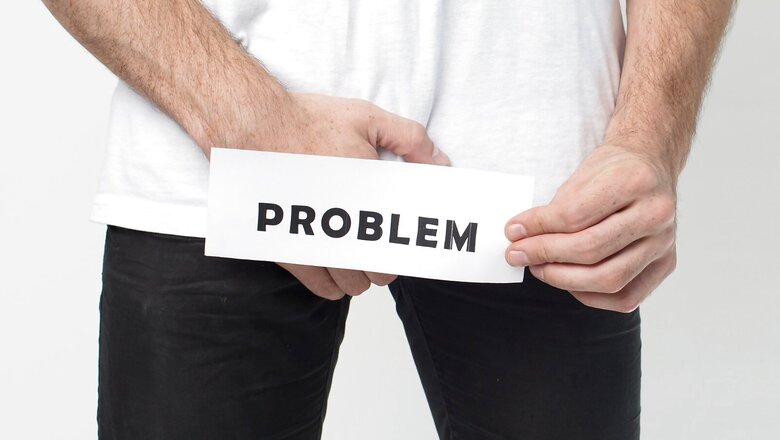
views
Sex may permeate our popular culture, but conversations about it are still associated with stigma and shame in Indian households. As a result, most individuals dealing with sexual health issues or trying to find information about sex often resort to unverified online sources or follow the unscientific advice of their friends.
To address the widespread misinformation about sex, News18.com is running this weekly sex column, titled ‘Let’s Talk Sex’. We hope to initiate conversations about sex through this column and address sexual health issues with scientific insight and nuance.
In this article, Dr Jain explains varicocele (differently sized testicles) and what you can do to treat it if you are affected.
You may have never heard of varicocele, or you may be familiar with it but don’t know much about it. A varicocele is an enlarged vein in the scrotum and testicle, usually found on the left side, but can also possibly be found on both sides of the scrotum. The scrotum is a skin-covered sac that holds your testicles. It also contains the arteries and veins that deliver blood to the reproductive glands.
Varicocele is a condition where the veins in your scrotum become enlarged and filled with blood. The condition is most often found in men between the ages of 15 and 25. Varicoceles generally form during puberty and are more commonly found on the left side of your scrotum, and very rarely only on the right side.
Symptoms
The most common symptom of varicocele is a difference in the size of your testicles. You might notice one testicle is significantly larger than the other. You might also experience pain and discomfort in the affected area, as well as a feeling of heaviness.
Rarely, more serious symptoms can occur, such as infertility or an inability to ejaculate. You should also talk to your doctor if you notice any of the following symptoms:
- A lump or bulge on the scrotum
- Dull, aching, or throbbing pain in the scrotum, testicle, or groin
- Swelling of the scrotum
- Shrinkage of the affected testicle
- Changes in the size of one or both testicles
Causes
The exact cause of a varicocele is unknown. One contributing factor may be the malfunction of valves inside the veins that are intended to keep blood moving in the right direction. Varicoceles develop when the valves inside the veins stop working properly and fail to direct blood out of the testicles and back towards the heart. Improper blood flow through these veins can cause blood to pool and flow back into the veins resulting in swelling and enlargement. This most commonly occurs during puberty, when the testicles are rapidly growing and require the most blood.
The varicocele causes poor circulation, which raises blood temperature, raising the temperature of the testes, which can act as a barrier to sperm production and damage or destroy sperm that is produced.
Diagnosis and Tests
When you suspect having a varicocele, it’s important to get tested straight away.
You and the doctor may be able to feel the mass easily. If not, the doctor might ask you to stand, take a deep breath, and hold it while you bear down. They call it the Valsalva maneuver. It helps them feel enlarged veins.
In order to accurately diagnose a varicocele, your doctor will need to examine both of your testicles and may order a scrotal ultrasound. This helps to measure the spermatic veins and allows your doctor to get a detailed, accurate picture of the condition. It is a painless scan that creates images of the inside of your body. This will help them to determine the exact size and location of the varicose veins within your scrotum. Finally, doctors may also advise doing a Doppler study, which measures sound waves and converts them into images of blood flow. This can be used to detect whether there is any abnormal blood flow in the area surrounding the varicocele.
Once the varicocele is diagnosed, your doctor will classify it with one of three clinical grades. They’re labelled 1 through 3, according to the size of the lump in your testicle. Grade 1 is the smallest, and grade 3 is the largest.
Treatments
Treatment is not required for all varicoceles. It’s usually done if you’re in pain or having difficulty fathering a child. Or either you’re a boy whose left testicle is growing smaller than the right.
When it comes to treating varicocele, the main goal is to restore the testicles’ size and reduce pain. Depending on your symptoms, treatments can range from lifestyle changes or medication to surgery. If you’re in mild to moderate pain or are just concerned about the size of your testicles, lifestyle changes such as wearing snug-fitting underwear and taking regular breaks when doing activities that require straining can make a difference. Medication like Ibuprofen can also be used as a short-term solution for relieving discomfort in the scrotum.
But if you’re experiencing severe pain or if the condition is interrupting fertility, then surgery such as Varicocelectomy or Varicocele embolization may be necessary. Surgery is done under general anaesthesia and involves tying off and cutting veins that have become enlarged. It’s minimally invasive and has a high success rate; however, some complications do exist and should be discussed with your doctor before deciding on this option.
So, if you have concerns about the size of your testicles or are experiencing any of the symptoms associated with varicocele, it’s important to see your doctor as soon as possible. There are a number of treatment options available, so you can get relief from the symptoms and improve your overall quality of life.
Prof (Dr) Saransh Jain is the winner of the Swasth Bharat Rattan Award and is a Certified and Licensed Sexologist by the American Board of Sexology. He is currently a Senior Consultant at Dr SK Jain’s Burlington Clinic in Lucknow. The views expressed in this article are those of the author and do not represent the stand of this publication.
Read all the Latest Lifestyle News here












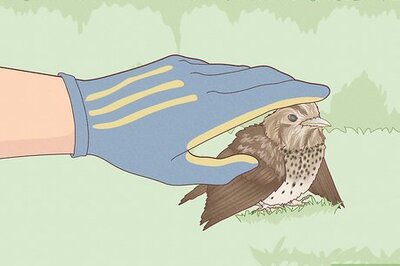
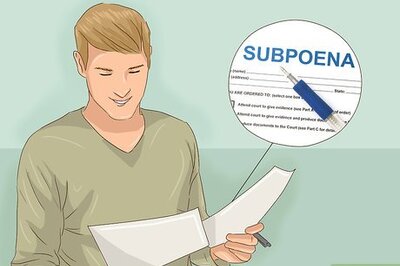

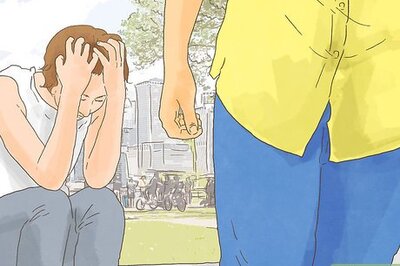

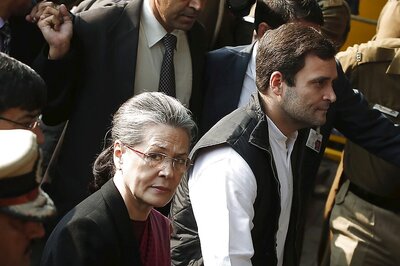
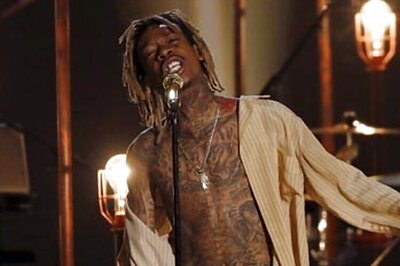
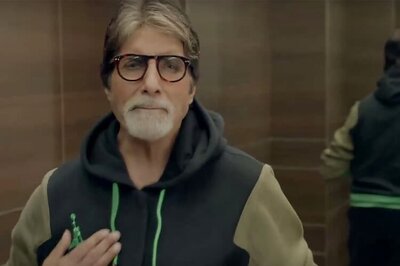
Comments
0 comment